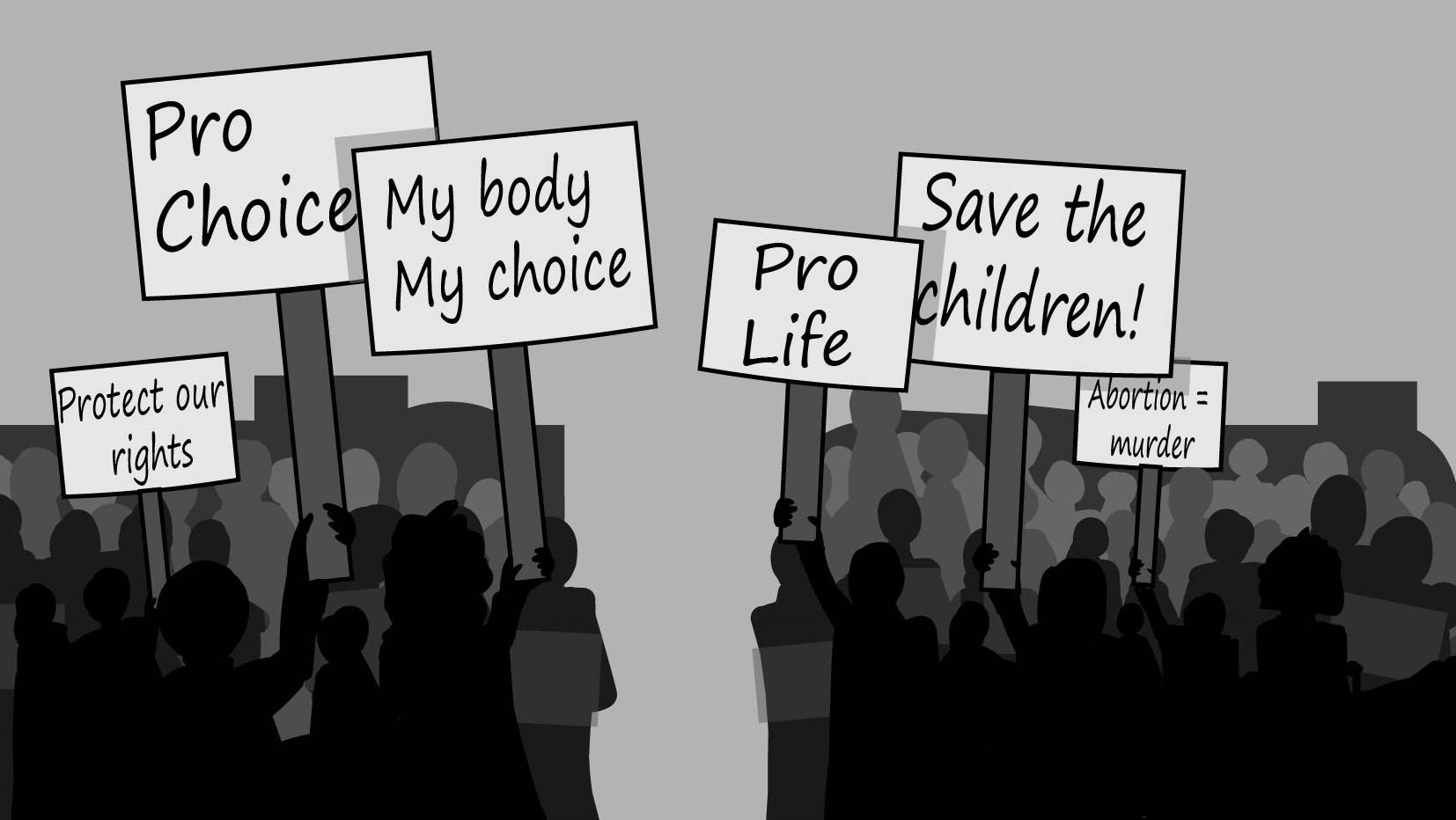Anti-abortion protestors took their march into Kogan Plaza late last month, and I was proud of the way students responded. Minutes after the protestors arrived, students surrounded them with makeshift signs and chants to show their opposition to a pro-life position that is clearly not welcome for many students on campus.
Students have counter-protested against white nationalists marching through campus, multiple pro-life activists, anti-transgender protesters and the Westboro Baptist Church, an anti-gay organization. Critics of counter-protesting may say it gives a platform to the initial protestors, who often unite in small groups. But counter-protesting is not about the platform, it is about drowning out hateful speech. Students did not protest these groups to gain attention or give platforms to hate groups – they protested to silence them.
Being politically active is part of the campus culture, and that should not be limited to fighting for movements students support like gun control and stopping climate change. It should also encompass the fight to overwhelm movements that students do not support. Students should continue counter-protesting because it is a powerful tool to stand up to hate speech.\

Hannah Thacker | Cartoonist
Counter-protesting is not just about an individual student’s beliefs, it is also about standing up for the students who are affected by the initial protests. While the act is likely not going to change minds, it is not supposed to change minds. Instead, counter-protesting offers allies an opportunity to stand up for the people who are hurt by the opposing movement and gives people who are hurt the ability to stand up without feeling like they have to take up the fight alone.
When Unite the Right 2 protestors marched through campus last year, students were rightfully fearful – the first protest resulted in the death of one person. When anti-abortion protestors came to campus last month, students did not feel safe because of the protestors’ message. Anti-transgender protests in 2017 also made people feel unsafe. It is the responsibility of students to show support for those who feel unsafe in the face of protestors.
Yelling back at a protestor sends a message to them that they are not welcome on campus and tells students who are hurt by hateful protests that they are supported. Protesters should have their hate refuted at every stop, because ignoring it is as good as tolerating it. Standing up to controversial protests gives students the opportunity to affirm what is appropriate behavior on campus. Even if it will never change the minds of the protestors, it shows other students what is OK on campus and what is not.
Students made the right decision when they stood up to groups that are unwelcome on campus. Students should not feel that they gave protestors a platform but should be proud that they defended our campus from hate, and they should keep doing it.
Kiran Hoeffner-Shah, a junior majoring in political science and psychology, is the opinions editor.


